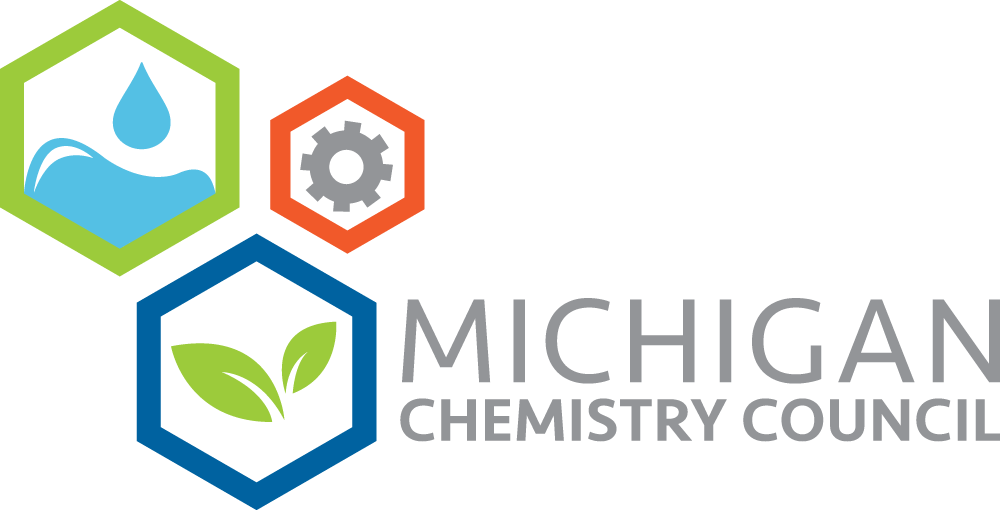Lansing State Journal: Pipelines support chemical manufacturing
Many industries in Michigan use natural gas – including the power, residential, commercial and transportation sectors. A lesser-recognized but equally important trade that has benefited enormously from the recent American natural gas renaissance is chemical manufacturing.
While most people are instinctively familiar with everyday products like shoes, clothing, packaging, tires, paints and carpeting – they may not realize that many of these products are made through chemistry with materials derived from natural gas. And in the past decade, we’ve seen unparalleled opportunities for the business of chemistry in Michigan and across the United States because of abundant sources of domestic natural gas in the Marcellus and Utica shale formations.
We are proud of the investments that our member companies have made to manufacture their products right here in Michigan. We know that when the conditions allow it, our state’s businesses can compete on the global economic stage, producing a variety of everyday household products that consumers rely on.
But our nation’s chemistry companies need infrastructure to deliver more natural gas from the sites of production to end markets. Midstream pipelines are a critical component in the chemical supply chain. While new infrastructure is coming online, more is needed.
The Michigan Chemistry Council and its members believe the Rover Pipeline represents the state’s most promising means of transporting natural gas throughout the Midwest and Great Lakes region. Underground pipelines are by far the safest method of transporting natural gas.
The Rover Pipeline will deliver 3 billion cubic feet of much-needed natural gas supplies each day to the Michigan and Ohio regions. Currently, our states are largely dependent upon out-of-state production to meet their supply needs—a situation that has caused serious constraints throughout the supply chain, particularly during the winter months.
In addition to producing 10,000 construction jobs – including 1,500 positions in Michigan – this $4.2 billion privately-funded infrastructure investment would put approximately $570 million in the pockets of Michigan workers, generate more than $124 million in direct payments to landowners for easements, and produce an estimated $9 million in additional Michigan sales tax revenues during construction alone. After construction, the state will receive about $6 million in ad valorem, or property, taxes. These funds will go a long way toward improving Michigan’s roads, bridges, and especially our schools.
Rover has also adopted a strong “Buy American” policy for this project, providing a windfall to U.S. companies who produce pipes, fittings, and the various components involved in construction – in fact, approximately 76 percent of the Rover Pipeline will be made in the U.S. Overall, the majority of the equipment and greater than $1 billion in goods will be purchased from American manufacturers, including businesses here in Michigan.
Ultimately, the Rover Pipeline will be constructed responsibly, with minimal impacts to communities in Michigan. Rover has developed a thorough plan that meets or exceeds all state and federal regulations. This level of preparation has already garnered favorable reviews from the Federal Energy Regulatory Commission (FERC) and the U.S. Environmental Protection Agency.
Full approval of the project now rests with FERC commissioners. On behalf of the more than 80,000 Michigan jobs supported by the business of chemistry, I encourage our regulators and lawmakers to support critical energy infrastructure projects like the Rover Pipeline with a timely review process in order to catalyze the many benefits they bring to Michigan and the region at large.
John Dulmes is the executive director of the Michigan Chemistry Council.
Opinion: #Pipelines support chemical manufacturing https://t.co/9Q9UKxg1r3 via @LSJnews pic.twitter.com/VkBodM089z
— PowerPastImpossible (@powerimpossible) November 28, 2016

